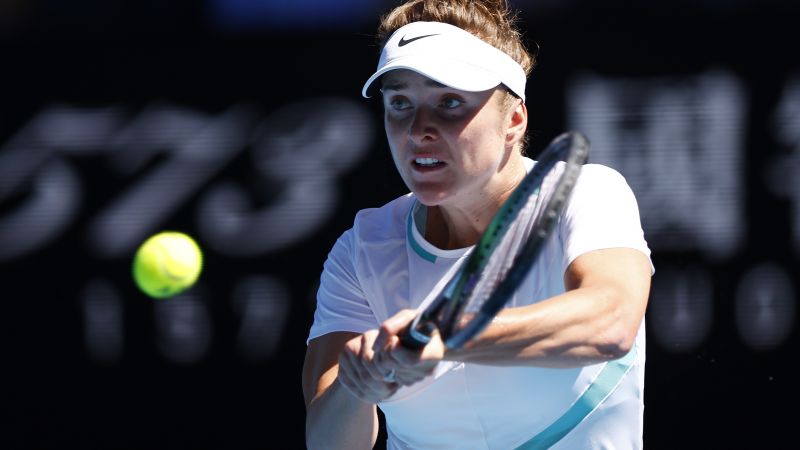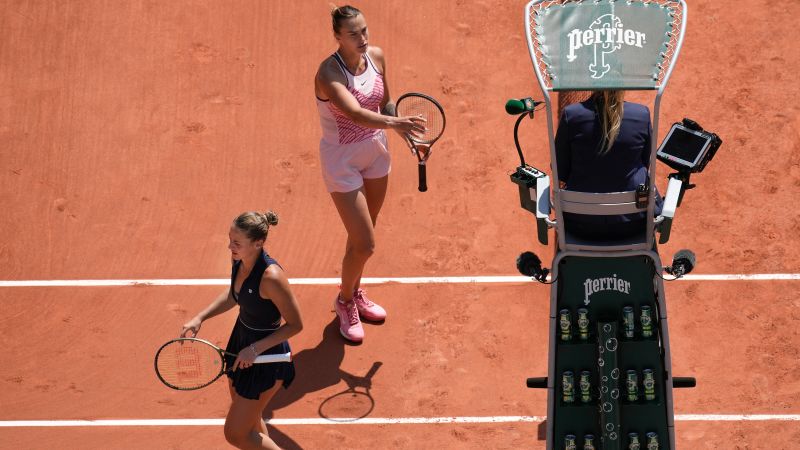The Diplomacy of Sports: How Major Events Shape International Relations
Sports are often described as the universal language, transcending borders, politics, and cultures. But beyond the thrill of competition, sports also play a powerful role in diplomacy. From the Olympics to the World Cup, major sporting events have been used to ease tensions, build alliances, and even open doors between adversaries. In 2025, as global politics grow increasingly complex, the diplomacy of sports remains as influential as ever.
Sports as a Bridge Between Nations
The Olympic Spirit
The Olympics are perhaps the most famous example of sports diplomacy. Since their modern revival in 1896, the Games have symbolized unity and peace. Even during times of conflict, the Olympic Truce encourages nations to pause hostilities so athletes can compete safely.
For instance, the 2018 Winter Olympics in South Korea saw athletes from North and South Korea march under a unified flag. While it didn’t resolve political disputes, it created a rare moment of dialogue and hope.
Soccer Diplomacy
Soccer, the world’s most popular sport, has also been a diplomatic tool. The 1970 “Soccer War” between Honduras and El Salvador is a reminder of how tensions can flare, but more often, soccer brings nations together. Matches between rivals like the U.S. and Iran have been symbolic opportunities for cultural exchange and soft diplomacy.
Mega-Events and Soft Power
Countries hosting global sports events don’t just showcase athletic talent—they project soft power. Hosting the Olympics, World Cup, or major tournaments allows nations to:
- Rebrand their image on the world stage.
- Showcase culture and innovation through opening ceremonies and infrastructure.
- Build long-term partnerships with other nations through shared planning and tourism.
For example, Qatar’s 2022 FIFA World Cup was not only a sporting event but also a chance to demonstrate its geopolitical importance, attract investment, and highlight its culture.
Case Studies in Sports Diplomacy
- Ping-Pong Diplomacy (1971)
One of the most famous examples of sports diplomacy occurred when American and Chinese table tennis players exchanged visits, helping thaw U.S.-China relations during the Cold War. This paved the way for President Nixon’s historic visit to Beijing. - Rugby in South Africa (1995)
When South Africa hosted the Rugby World Cup after the end of apartheid, President Nelson Mandela famously wore the Springboks jersey to unite a divided nation. The event became a symbol of reconciliation and racial healing. - Tokyo Olympics (1964)
Japan used the Games to reintroduce itself to the world after World War II, showcasing its recovery, modernization, and commitment to peace.
The Challenges of Sports Diplomacy
While sports can unite, they can also highlight divisions. Boycotts, protests, and controversies remind us that politics often intrude. The U.S. and Soviet Union boycotted each other’s Olympic Games in the 1980s, turning athletic events into political battlefields.
Additionally, mega-events can spark criticism about human rights, economic costs, or corruption. When sports diplomacy fails to align with transparency and ethics, it risks damaging rather than strengthening international relations.
The Future of Sports Diplomacy
In 2025 and beyond, sports diplomacy will likely grow more complex:
- Esports may emerge as a new global platform for youth diplomacy.
- Climate-conscious hosting will become crucial as nations seek to balance sustainability with spectacle.
- Regional cooperation could expand, with countries co-hosting tournaments to share resources and strengthen ties.
Sports will also continue to serve as a stage for activism, giving athletes a voice in shaping discussions about equality, justice, and global unity.
Sports are far more than games. They are platforms for cultural diplomacy, conflict resolution, and global storytelling. While they cannot erase political disputes, they can create opportunities for dialogue, foster mutual respect, and remind us of our shared humanity.
In a world increasingly divided by politics, the diplomacy of sports offers a rare arena where nations compete fiercely but also connect deeply. Because when the final whistle blows, the victories that matter most are not just on the field—they’re in the relationships built beyond it.







